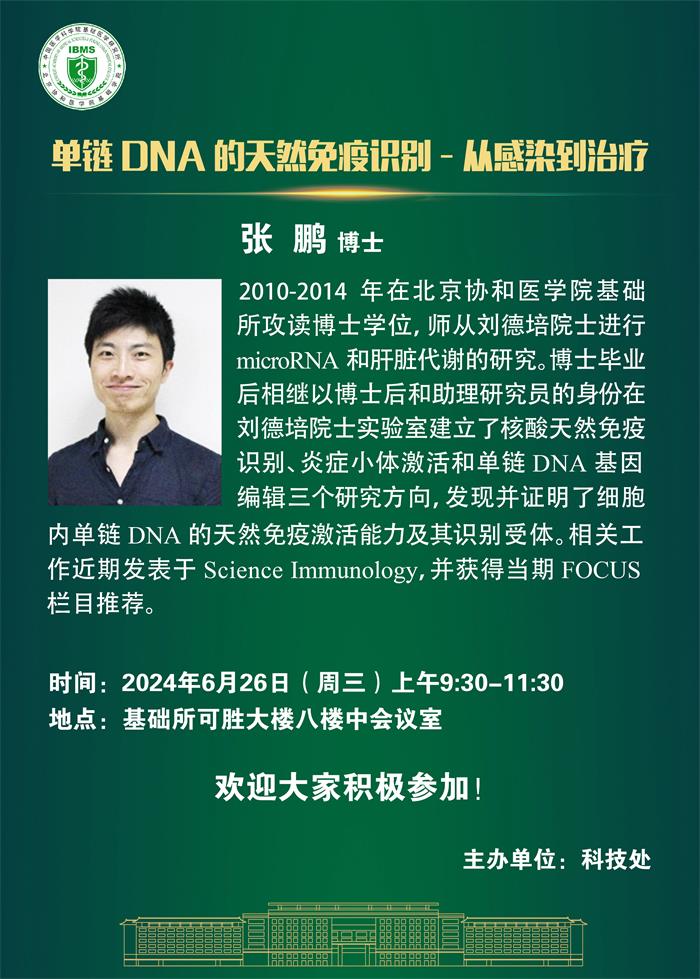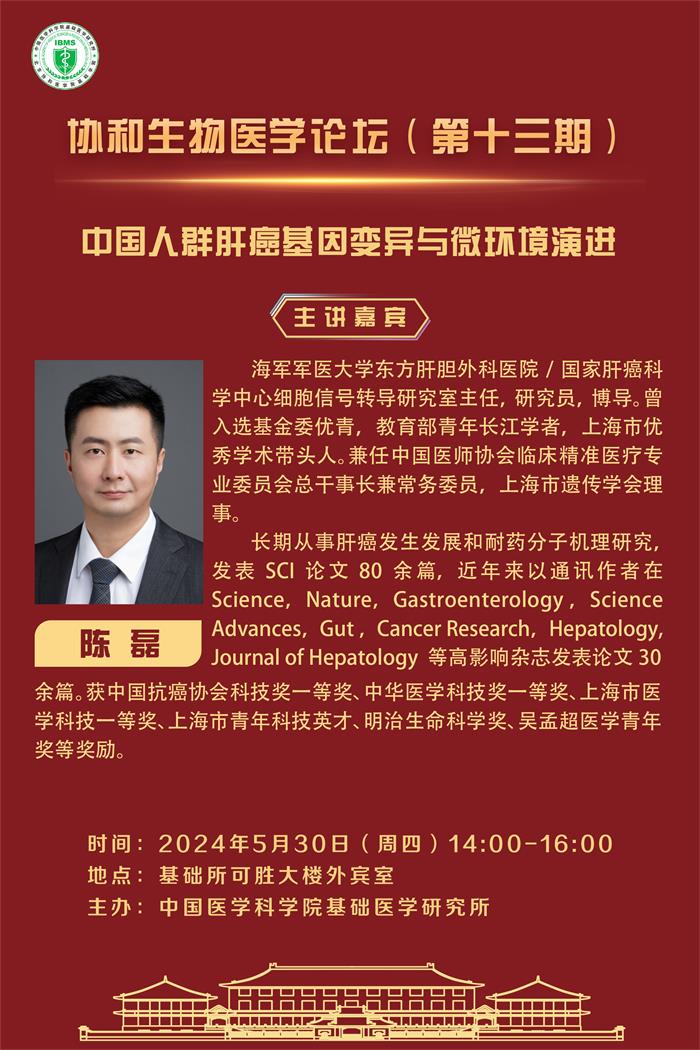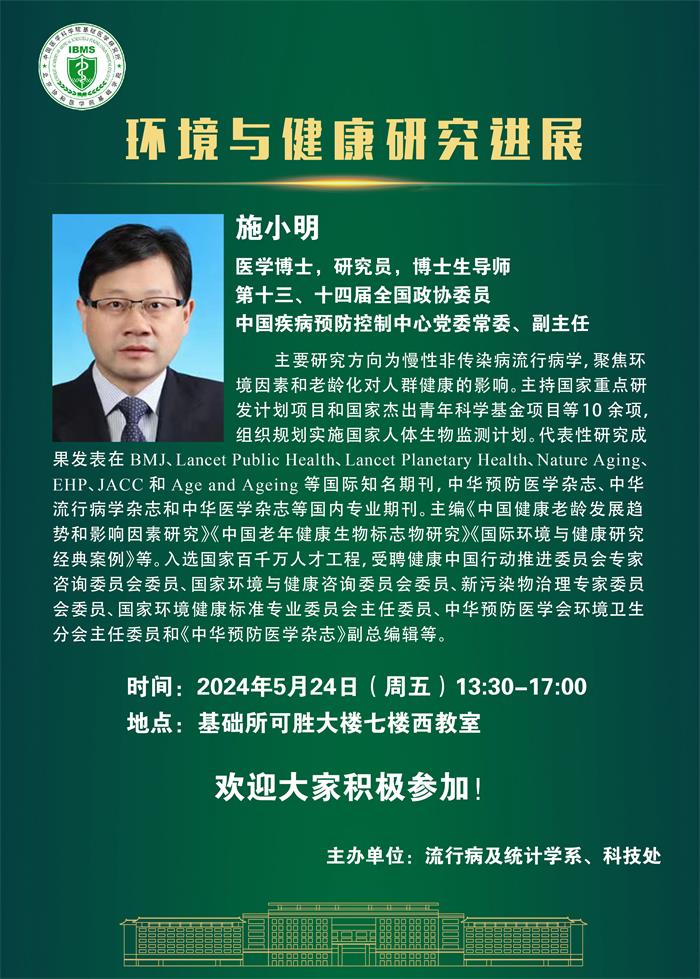Rhomboid domain-containing protein 1 promotes breast cancer progression by regulating the p-Akt and CDK2 levels
Zhang X1,2, Zhao Y1, Wang C3, Ju H4,5, Liu W1, Zhang X3, Miao S1, Wang L6, Sun Q7, Song W8
?
Cell Commun Signal. 2018 Oct 4;16(1):65.
PMID: 30286765
?
Abstract
BACKGROUND:
Our previous work revealed that rhomboid domain-containing protein 1 (RHBDD1) participates in the modulation of cell growth and apoptosis in colorectal cancer cells. This study aimed to investigate the function of RHBDD1 in regulating breast cancer progression and its underlying molecular basis.
?
METHODS:
Immunohistochemistry was performed to evaluate RHBDD1 expression in 116 breast cancer tissue and 39 adjacent normal tissue and expression of RHBDD1, phospho-Akt (p-Akt) and cyclin-dependent kinase 2 (CDK2) in the same 84 breast cancer specimens. RHBDD1-knock-out cells were established using breast cancer cell lines. In vitro studies were carried out to estimate the function of RHBDD1 in cell proliferation, migration and invasion. Fluorescence microscopy assay and flow cytometric analysis were used to measure apoptosis and cell cycle regulation. RNA sequencing and western blot analysis were used to investigate the molecular mechanisms of RHBDD1.
?
RESULTS:
RHBDD1 was highly up-regulated in breast cancer tissue compared with that in normal tissue and associated with pathological tumor (pT) stage, pathological tumor-node-metastasis (pTNM) stage and estrogen receptor (ER) expression. RHBDD1 up-regulation was associated with poor prognosis in several subtypes of breast cancer. Deletion of RHBDD1 promoted apoptosis and suppressed proliferation, migration and invasion in breast cancer cells. RHBDD1 deletion suppressed Akt activation and decreased CDK2 protein level via proteasome pathway, thus inhibited cell cycle progression and G1/S phase transition. Moreover, the protein level of RHBDD1, p-Akt and CDK2 was significantly positively correlated in breast cancer tissue.
?
CONCLUSIONS:
Our study reveals that RHBDD1 promotes breast cancer progression by regulating p-Akt and CDK2 protein levels, and might be a potential biomarker and prognostic indicator for breast cancer patients.





